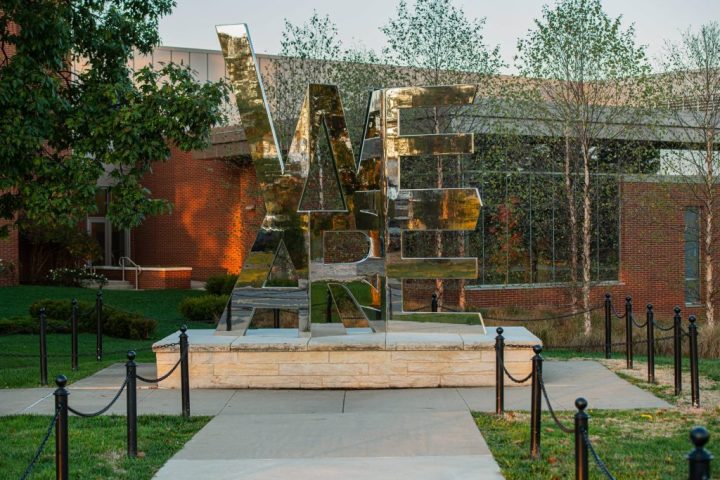Penn State Climate Consortium
The Penn State Climate Consortium is a collective of engaged partners committed to identifying, creating, and implementing research-based solutions to climate change.
Climate Solutions Symposium 2025
Get ready as experts and changemakers come together to explore climate solutions, share ideas, and build partnerships for a more resilient future. Preview the sessions, speakers, and keynote that will shape the event.
learn more

What We Do
Who We Are
Get Involved
Whether you’re a student, researcher, or represent an industry partner or community organization, Penn State and the Climate Consortium empower you to learn more, get involved, and make a positive impact in your community and beyond.

“Climate change is an urgent concern for Pennsylvania, our nation, and our world, which is why Penn State is proud to serve as a trusted ally of industry and community partners who are committed to making an impact and finding solutions. The establishment of the Penn State Climate Consortium underscores our resolute dedication to addressing the imminent threats we face.“
Neeli Bendapudi
President, Penn State University






